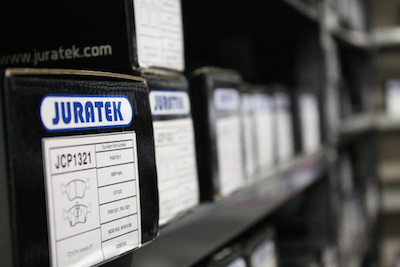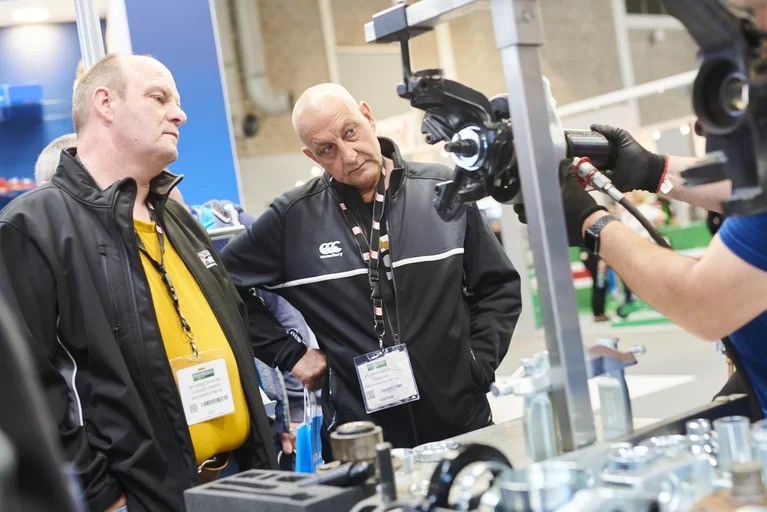A lack of competition in the audit market is failing shareholders as it encourages the big four accountancy firms to favour management interests, the Competition Commission (CC) said today.
Publishing its provisional findings into the supply of statutory audit services to FTSE 350 companies, the CC said a lack of competition outside the big four ‘is likely to lead to higher prices, lower quality, less innovation for companies and a failure to meet the demands of shareholders and investors’.
It said FTSE companies find it too difficult to compare services, prefer continuity to the significant costs of switching and lack bargaining power as a result. It said audit firms outside the big four of Ernst and Young, Deloitte, KPMG and PriceWaterhouseCooper find it hard to convince FTSE 350 companies that they have sufficient experience to deal with their accounts.
While auditors are appointed to protect the interests of shareholders, the CC said services are too often focussed on meeting the needs of senior management who decide where to spend their audit budget. This means that competition focuses on factors that are not aligned with shareholder demand.
It found that 31 percent of FTSE 100 companies and 20 percent of FTSE 250 companies have had the same auditor for more than 20 years, while 67 percent of FTSE 100 companies and 52 percent of FTSE 250 companies for more than ten years.
The CC is now looking at ways to encourage greater competition through mandatory tendering and rotation, increasing information and transparency with reviews and extended reporting requirements and strengthening accountability and independence by giving audit committees and shareholders greater control.
Laura Carstensen, Chairman of the Audit Investigation Group, said: “We have found that there can be benefits to companies and their shareholders from switching auditors but too often senior management at large companies are inclined to stick with what they know, particularly when it is difficult to compare with the alternatives and the incumbent auditors are in a strong position to hold on to the business.
“Whilst we accept that most audits are performed diligently and understand that those involved are behaving rationally in response to their incentives, auditors tend to focus on management interests over those of shareholders. For example, management may have incentives to present their accounts in the most favourable light whereas shareholder interests can be quite different.
“It is clear that there is significant dissatisfaction amongst some institutional investors with the relevance and extent of reporting in audited financial reports. This needs to change so that external audit becomes a more genuinely independent and challenging exercise where auditors are less like corporate advisors and more like examining inspectors.”
KPMG said it noted the emphasis the CC placed on the need for independent and objective audits in serving the shareholder and investor and welcomed the finding that most audits are performed diligently and that there is no evidence of collusion. It rejected, however, ‘the assertion that auditors’ focus is too often on management and that shareholders are not being properly served’.
Simon Collins, Chairman and Senior Partner of KPMG in the UK, said: “We believe that audit quality and competition in the UK is strong. We fully recognise our duty to shareholders and the absolute importance of our independence. Audit objectivity and appropriate levels of scepticism are the mainstays of what we do.
“We do not agree with the Commission’s conclusion that, effectively, audit committees are not doing their jobs properly. In our experience, audit committees in the UK generally take their responsibilities seriously, both for oversight of the external auditor and financial reporting more generally. Indeed if audit committees were not functioning properly, it would have much more fundamental ramifications for UK corporate governance.
“We want to see the relevance of audit enhanced and we have been working with stakeholders to achieve this and to improve audit quality.
“However, we do not support their suggestions as regards mandatory tendering or rotation. After long deliberation and consultation, the Financial Reporting Council has only just introduced tendering every ten years on a “comply or explain” basis and this is already having a significant impact.
“We supported this measure as we believe it fits with the corporate governance framework in the UK and reinforces audit committee oversight of the external auditor. Arbitrary pre-set periods will do the reverse and potentially damage audit quality, and forced rotation will undermine audit committees and actually reduce shareholder choice. It is premature, therefore, to disregard the FRC measures as an effective remedy.”










Go to comments